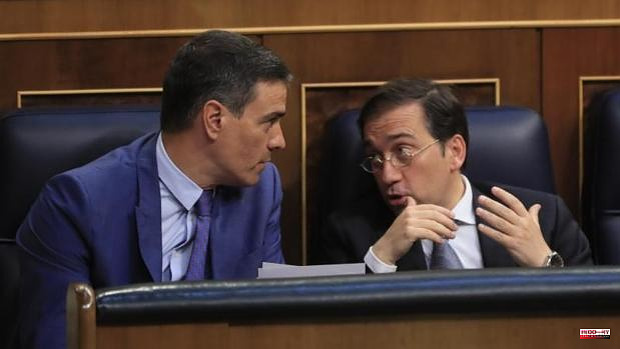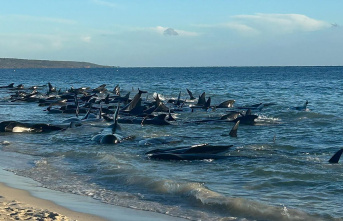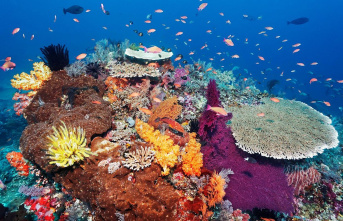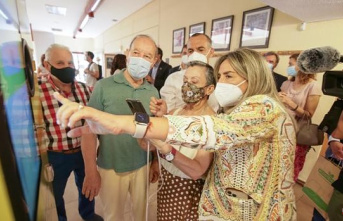Spain, as host of the next NATO Summit, will push for issues such as irregular migration, food insecurity and terrorism to be included as 'hybrid threats' in the new political roadmap of the Atlantic Alliance, he said the Minister of Foreign Affairs, José Manuel Albares, in an interview for Reuters.
The summit from June 29 to 30 in Madrid will be one of the most important since the creation of NATO in 1949. It will draw up the "Strategic Concept" of the alliance for the next decade, in which its mission will be defined with against the backdrop of the Russian invasion of Ukraine and the admission of new members such as Finland and Sweden.
Spain is campaigning for NATO to pay more attention to non-military threats on the so-called southern flank of the alliance, which includes countries in the Maghreb and the Sahel that "are under growing Russian influence," said Albares. even as it addresses the conflict in Ukraine, at the same time, on its eastern border.
"We want it to be recognized that there are also serious threats from the southern flank," said the head of Spanish diplomacy. "Terrorism, cybersecurity, the political use of energy resources and irregular migration affect our sovereignty," he said.
NATO insiders have stated in recent weeks that, with active conflict on its eastern flank and with regions such as the Baltic states pressing for more resources, a firm engagement with the southern flank was unlikely. They have also admitted that the issue of migration is too divisive to gain a consensus at the summit, even if Spain has the backing of other southern European nations such as Portugal and Italy in its campaign.
Albares explained that the mere inclusion of these hybrid threats in NATO's strategy, as well as an express reference to the southern flank as a region to monitor, would be enough to generate a "deterrent" effect that Spain seeks to protect its borders.
"Nothing new needs to be done, we just have to bear in mind that a series of threats may emanate from the southern flank that at some point may require a defensive reaction from NATO exactly the same as the one we are seeing on the eastern flank," he said. explained the head of Foreign Affairs.
Albares has stated that, although a direct military threat from the south should be met with a military response from NATO, "unconventional" resources, such as technology, could be used to counter threats such as cyber-attacks and the militarization of irregular immigration.
"Let no one doubt that these hybrid threats cannot be used to challenge our territorial integrity and our sovereignty," explained the minister.
Spain also highlights the growing Russian influence in the Sahel region of West Africa. Russian private military contractor Wagner Group is collaborating with the Malian army to counter an Islamic insurgency in the area, while former colonial power France withdrew its troops.
The European Union has imposed sanctions on Wagner, who says he is working on behalf of the Kremlin. Moscow denies the links but says it is providing "military assistance" through state channels.
"Russia's presence [in Mali] does not help at all, it does not help at all to advance democracy, to stabilize," Albares maintained during the interview.












